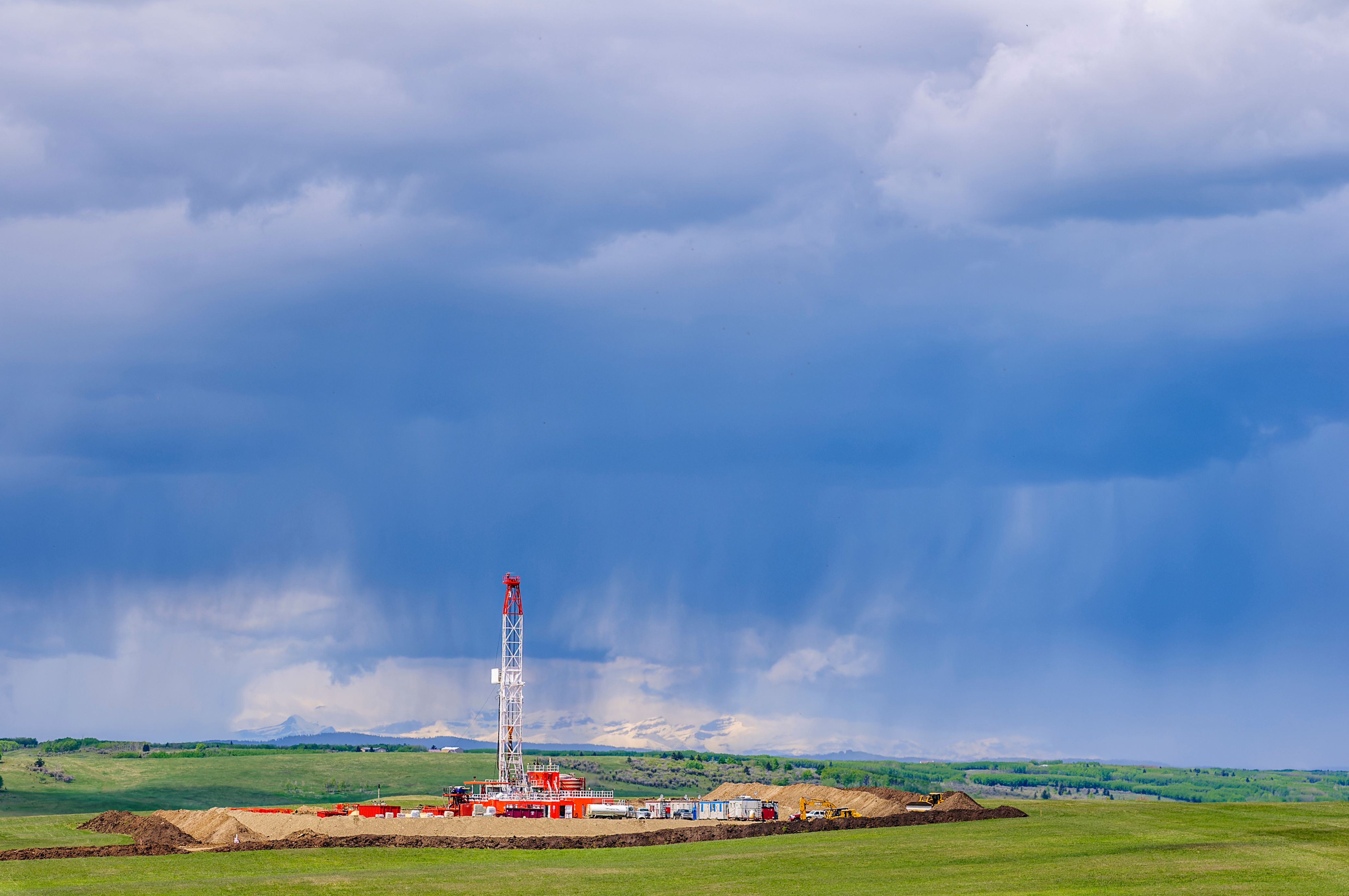Digital Marketing Strategies for Oil & Gas Operators
Understanding the Role of Digital Marketing in Oil & Gas
The oil and gas industry has traditionally been slow to adopt digital marketing strategies. However, as the industry evolves, integrating digital marketing becomes crucial for maintaining competitiveness. Companies are realizing the importance of leveraging online platforms to enhance their reach and engage with a broader audience.
Digital marketing strategies in this sector involve more than just creating a website or maintaining social media profiles. It encompasses a variety of tactics aimed at building brand awareness, fostering customer relationships, and driving growth. By understanding the unique challenges and opportunities within the industry, operators can tailor their digital marketing strategies to achieve optimal results.

Enhancing Brand Visibility
One of the primary objectives of digital marketing is to boost brand visibility. For oil and gas operators, this means using digital channels to showcase their expertise, innovations, and sustainability efforts. A well-designed website serves as a central hub for potential clients and partners to learn about the company’s offerings and values.
Search engine optimization (SEO) plays a crucial role in enhancing visibility. By optimizing content with industry-relevant keywords, oil and gas operators can improve their search engine rankings, making it easier for stakeholders to find them online. Additionally, participating in industry forums and publishing thought leadership content can position a company as a leader in its field.

Engaging with Stakeholders Through Social Media
Social media is a powerful tool for engaging with various stakeholders, including customers, investors, and partners. Platforms like LinkedIn and Twitter offer opportunities to share updates on projects, new technologies, and corporate social responsibility initiatives. This not only keeps stakeholders informed but also builds trust and credibility.
To effectively use social media, oil and gas operators should develop a content calendar that aligns with their overall marketing strategy. This ensures consistent messaging and helps maintain an active online presence. Engaging with followers through comments and direct messages further strengthens relationships and encourages dialogue.
Utilizing Data-Driven Insights
Data analytics is transforming how oil and gas companies approach digital marketing. By analyzing data from various sources, operators can gain insights into customer behavior, preferences, and trends. This information is invaluable for crafting targeted marketing campaigns that resonate with specific audiences.
Data-driven strategies allow companies to optimize their marketing efforts by identifying which channels yield the best results. For instance, tracking website traffic can reveal which pages attract the most visitors and why. This continuous analysis enables operators to refine their strategies and allocate resources more effectively.

Implementing Content Marketing Strategies
Content marketing is an essential component of any digital marketing strategy. For oil and gas operators, creating informative and engaging content can help educate stakeholders about industry developments and the company's role within it. This might include blog posts, whitepapers, case studies, and videos.
By focusing on quality content that addresses industry challenges and solutions, operators can establish themselves as thought leaders. Sharing this content across multiple platforms amplifies its reach and impact. Additionally, incorporating multimedia elements such as infographics and videos can enhance engagement and comprehension.
Optimizing Email Marketing Campaigns
Email marketing remains a highly effective tool for maintaining communication with existing clients and nurturing potential leads. Oil and gas operators can use email campaigns to share newsletters, announce new projects, or offer insights into market trends.
To maximize the effectiveness of email marketing, personalization is key. Tailoring content to meet the specific needs and interests of recipients increases the likelihood of engagement. A/B testing different subject lines and messages can also provide valuable insights into what resonates best with the audience.

Leveraging Online Advertising
Online advertising provides oil and gas companies with targeted ways to reach potential clients. Platforms like Google Ads and LinkedIn Ads allow operators to create campaigns that target specific demographics based on interests, job roles, or geographic locations.
Pay-per-click (PPC) advertising can drive immediate traffic to a company’s website or landing page. By carefully selecting keywords and crafting compelling ad copy, operators can attract high-quality leads. Monitoring campaign performance helps in making real-time adjustments to optimize results.
Conclusion: Future-Proofing Through Digital Innovation
The oil and gas industry is increasingly recognizing the value of digital marketing in driving business success. By embracing innovative strategies that enhance visibility, engagement, and data utilization, operators can position themselves for sustained growth in an ever-evolving market.
As technology continues to advance, staying abreast of digital marketing trends will be essential for oil and gas operators looking to maintain their competitive edge. Investing in ongoing education and adapting strategies to meet changing needs will ensure long-term success in this dynamic industry.
